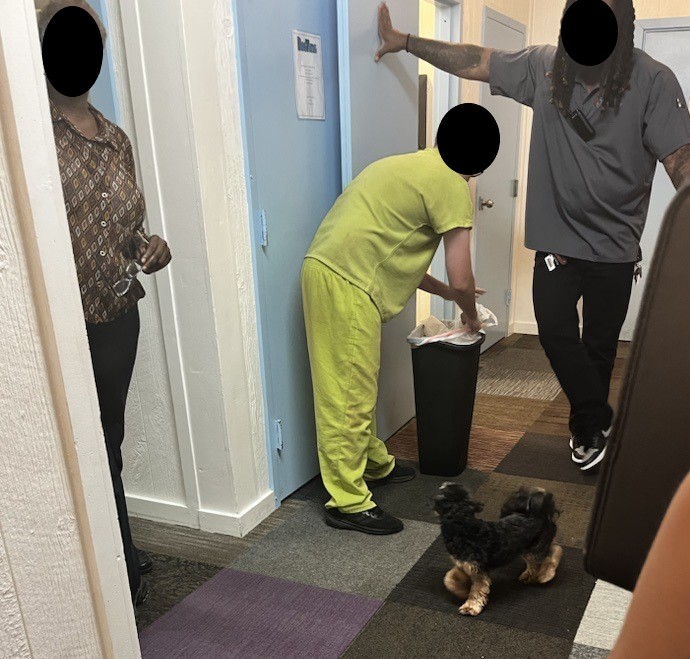By DAMIEN FISHER, InDepthNH.org
The two teenage boys who told New Hampshire’s Child Advocate Casandra Sanchez about abusive conditions inside the Bledsoe Youth Academy were targeted for retaliation by angry staff.
“The (Office of Child Advocate’s) worst fears were confirmed, in that there was further physical and emotional harm to these children after bravely disclosing the maltreatment they experienced while at Bledsoe Youth Academy,” Sanchez wrote in a report released Wednesday.
Sanchez got the boys back to New Hampshire last month after she learned of the horrific conditions at the Bledsoe Youth Academy in Gallatin, Tennessee, earlier this summer. But in the intervening weeks, the boys were afraid for their safety as Bledsoe staff decided to punish them for being “snitches.”
The boys faced beatings from other teens sanctioned by staff, as well as harassment from the adult staff members. Bledsoe’s culture of violence is so rampant, that even the executive director encouraged teen on teen fights, Sanchez wrote.
Bledsoe staff members were angry after Sanchez blew the whistle on the facility based on the boys’ disclosures. At one point, Bledsoe administrators interrogated the boys to see which one talked to Sanchez. This prompted the older boy to protect the younger, taking the blame for talking to Sanchez.
“These kids were tormented for truthfully sharing their lived experiences as evidenced by the totality of their disclosures – the feeling of one child needing to protect another from harm; the planned assaults, verbal threats, staffs’ menacing behavior; and the retaliation that was threatened to follow them to the perceived next placement,” Sanchez wrote. “Given what the OCA has learned, it is without question that NO child should remain in the care of Bledsoe Youth Academy.”
Sanchez’s original report found teens were being assaulted, put in restraints, and threatened while at Bledsoe.
New Hampshire taxpayers have been paying Bledsoe $5,000 a month per child for an out-of-state placement. Children in out of state placement are not there because of criminal behavior. Children deemed delinquents are sent to the Sununu Youth Services Center in Manchester.
New Hampshire has 306 children in residential care, with 69 out of state as of July 1. The out of state placement is necessitated by a lack of beds in state run facilities and too few foster parents.
Tennessee’s Child Protective Services currently isn’t doing anything about Bledsoe, according to Sanchez. The Tennessee agency took Sanchez’s report and placed it on file, telling her they cannot go further at this time.
“It was explained that under their statute, they cannot make a finding if there is no single incident reported with a specific staff member as the alleged perpetrator and a specific kid as the victim,” Sanchez wrote.
Tennessee’s licensing authority is still investigating Bledsoe, according to Sanchez.
Bledsoe’s parent company is Youth Opportunity Investments, which is subject to numerous complaints and lawsuits for its many facilities throughout the country.
Sanchez reports both boys are now in safe and therapeutically appropriate environments, but she wants to make sure this is never repeated.
“It is also imperative that certification and oversight of New Hampshire children must be more closely managed. As was highlighted in last month’s report, the State of New Hampshire has made many positive strides in the last several years with the creation of a Children’s System of Care, recognizing the importance of trauma-informed treatment, and holding Granite State programs to a higher standard of practice. However, the recent trauma these already vulnerable kids have endured outside of our borders tells us there is much more that demands to be done on a systemic level to protect New Hampshire children,” she wrote.





